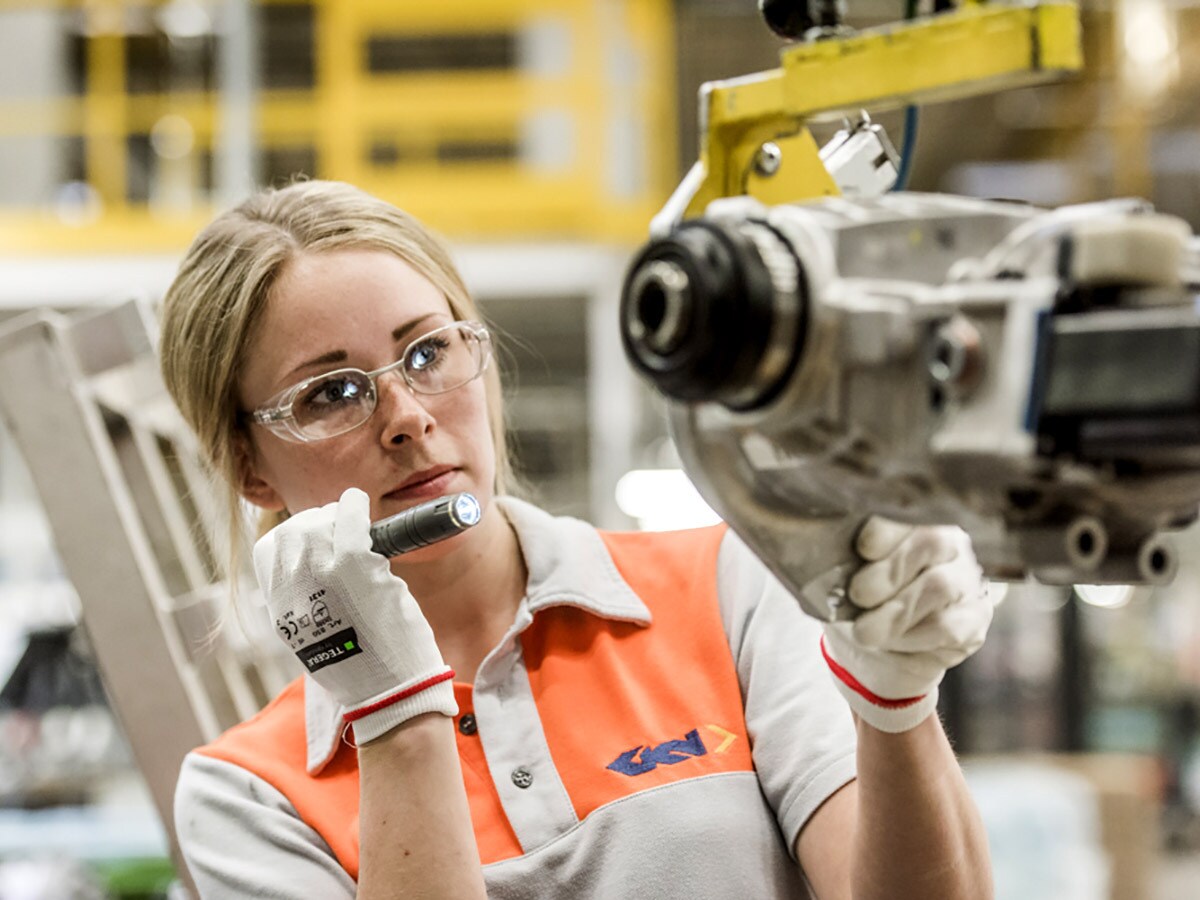Melrose Industries received a boost earlier this month after it announced a £500m share buyback scheme. While the company has strong fundamentals and profits tripled in the last financial year, there are still some challenges ahead amid the inflationary climate.
UK manufacturing company Melrose Industries [MRO.L] has seen its share price jump 28.3% in the past month to 22 June, outperforming the FTSE 100, which fell 4.1% over the same period. The announcement of a £500m stock buyback programme on 8 June, which highlighted the company’s strong financial position, has helped to lift the stock.
Although the buyback scheme had been delayed due to the war in Ukraine, the news sent the Melrose Industries share price 9% higher on the day of the announcement. During the announcement on 8 June, the company also highlighted the success of its aerospace operations, which supply parts to leading firms such as Airbus [AIR.PA] and Boeing [BA]. Melrose forecasts that its aerospace business will grow at a CAGR of 7% through to 2030.
However, despite this recent rise, the Melrose share price is down 4.4% year-to-date (through 22 June) amid broad market uncertainty.
Buyback scheme reflects strong position
The main recent news for the company was its introduction of a share buyback programme, where it aims to return £500m in cash to shareholders. This follows the sale of the company’s ergonomic business Ergotron to private equity firm Sterling Group for £520m. According to the company’s CEO, Simon Peckham, the buyback has been chosen as “the quickest way” to distribute these proceeds to shareholders. It also reflects Melrose’s strong financial position.
This share buyback had a very positive effect on the Melrose Industries share price, which rose by 9% on the day it was announced. This is because share buybacks reduce the number of outstanding shares in the company, which consequently improves metrics such as earnings per share. Therefore, share buybacks are often met with positive sentiment from markets, hence the recent rise in the Melrose share price.
Restructuring costs hamper stock growth
Despite the recent positive news of the share buyback programme, things have not been entirely smooth sailing for the company. For example, Melrose supplies the aerospace and automotive industries, which have both been heavily affected by pandemic restrictions. Though the company announced positive news for this side of its business in the 8 June update, it recorded several restructuring costs over the past couple of years, leading to large statutory losses in both 2020 and 2021. This has led to the Melrose share price falling around 20% from its pre-pandemic price.
There are also several difficulties facing the company at the moment, including supply chain pressures and cost inflation. These supply chain disruptions have mainly impacted the automotive sector of the business, preventing any revenue growth. In a research note on 8 June, Hargreaves Lansdown analysts also pointed to the fact that “cost inflation has the potential to take a bite out of [profit margin] forecasts”.
Even so, there are several positive takeaways from the recent full-year trading update. For example, operating profits more than tripled to £375m from £122m the year before. According to the group’s trading update, this was the result of “the substantial benefit of restructuring actions increasingly coming through”. Net debt also decreased to £950m, down from £2.8bn the year before. These results were far ahead of expectations.
Where next for Melrose Industries?
With UK inflation reaching a 40-year high of 9.1% and the Bank of England warning that it could rise to 11%, Melrose’s cost base is likely to increase. However, the company states that it is “actively working to mitigate the current inflationary pressures through all necessary means” and is committed to achieving its operating margin targets. If the company can control these inflationary pressures, this bodes very well for the future.
Analysts also seem optimistic about the future for Melrose, with 10 analysts placing a ‘buy’ rating on the shares and three giving a ‘hold’ rating. The median price target for the shares is 205p, representing an upside of 35.2% from the 22 June closing price.
Melrose also offers a small dividend, which totalled 1.75p per share in the past financial year. At the current Melrose share price, this equates to a dividend yield of 1.2%. Although this is very small in comparison with other FTSE 100 stocks, there is scope for this to rise in the future.
Continue reading for FREE
- Includes free newsletter updates, unsubscribe anytime. Privacy policy





